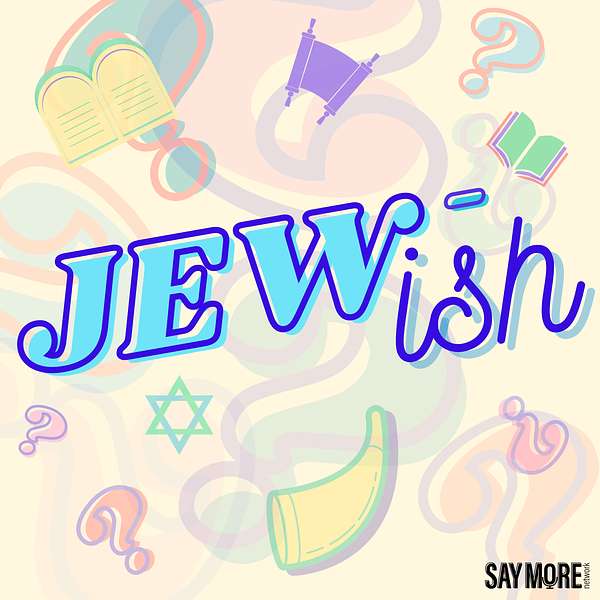
Jew-ish
What is being "Jewish"? What are Jews? What do Jews believe? What do Jews do? What's happening in those mysterious synagogues with all that weird language (it's Hebrew)?
Jew curious?
The thing about being Jewish is, you can't tell us apart by looking (well, not always), we often look the same, dress the same, work and play and eat right alongside our non-Jewish counterparts, and yet, as a teeny tiny minority--only 0.2% of the global population, and 2-3% of the U.S. population--plenty of people have probably never met a Jewish person, or if they did, they didn't even know it.
For as much as we share (and it's probably way more than you think), somehow, moving through the world as a Jew really is different. Everything looks different through a Jewish lens, even for those who aren't particularly religious, the ones who describe themselves as "Jew-ish."
But honestly, none of this is really that mysterious. And, if you're curious or confused, you can always just ask the internet--or, now you can also come here and check in with your new Jewish friend.
So, if you have questions about being Jewish, we're here to introduce, explain, ask alongside, and generally demystify Judaism for Members of the Tribe (Jews) and goyim (non-Jews) alike, exploring and showcasing the infinite ways there are to be Jewish.
Jew-ish
From lawyerin' to clownin', a Jew-ish journey
Robert Markowitz was a nice Jewish boy just trying to do what he thought he was supposed to, building on the legacy of his immigrant grandfather to rise to fulfill his mother’s dream of becoming a lawyer. But, like many of us who do things ultimately for others, he discovered it made him absolutely miserable.
So, he swung the pendulum all the way from being a super-serious lawyer to becoming a literal clown. He says that started a thaw that allowed him to “feel” again, and resurrected his inner child. Despite thinking he “wasn’t that Jewish," he says in the end, it was Jewish themes that interest him, like redemption, or “teshuva,” which means to “return.” His own journey of teshuva allowed Robert to rediscover how to seek and spread joy. He became a children’s musician and then a writer, and has a novel about a lawyer who left lawyering to save his soul, called…."Clown Shoes” of course. What else?
Glossary:
Shyster: often defined simply as meaning an unscrupulous scam artist or unprofessional lawyer, the term is generally used as–and therefore has taken on the meaning of–an antisemitic slur or coded reference to the stereotype of the “greedy Jew.” It’s often also associated with Shakespeare’s deeply anti-Semitic character of Shylock.
Teshuva: Literally meaning “return”, it is often used to mean “redemption” or “repentance,” in the sense of “returning” to the goodness or Godliness innate to us all.
Ner Tamid: Meaning “eternal light,” it is a literal light that is kept lit at all times in front of the ark, where Torah scrolls are kept, and is also a symbol of the eternal presence of God.
Shtetl: Yiddish for “little town,” the term refers to Ashkenazi Jewish enclaves primarily in Russia and Poland, and in fact housed many Gentiles as well as Jews. They were market towns with synagogues, churches and merchants, and were ultimately destroyed when the Holocaust wiped out most of Eastern European Jewry.
More on the Jewish lawyer trope and other “positive stereotypes”:
https://www.youtube.com/watch?v=vVO6lErmy84&ab_channel=KatzCenterforAdvancedJudaicStudies
https://jeffreykass.medium.com/jews-are-the-best-lawyers-50d33738249e
https://www.heyalma.com/rapping-jewish-lawyers-history/
https://www.jta.org/2019/02/19/ideas/an-idiots-guide-to-anti-semitic-tropes-2
Trying to get those last few dollars out the door for your 2025 charitable donations? Or maybe you just have a little extra this season, when so many don't have enough? There but for the grace of God go all of us, amirite? Well, if this is you, please consider giving to the Hebrew Free Loan Association of Greater Washington so they can continue making interest-free loans to community members in a bind--like myself. And thank you!
Podcasts we love
Check out these other fine podcasts recommended by us, not an algorithm.
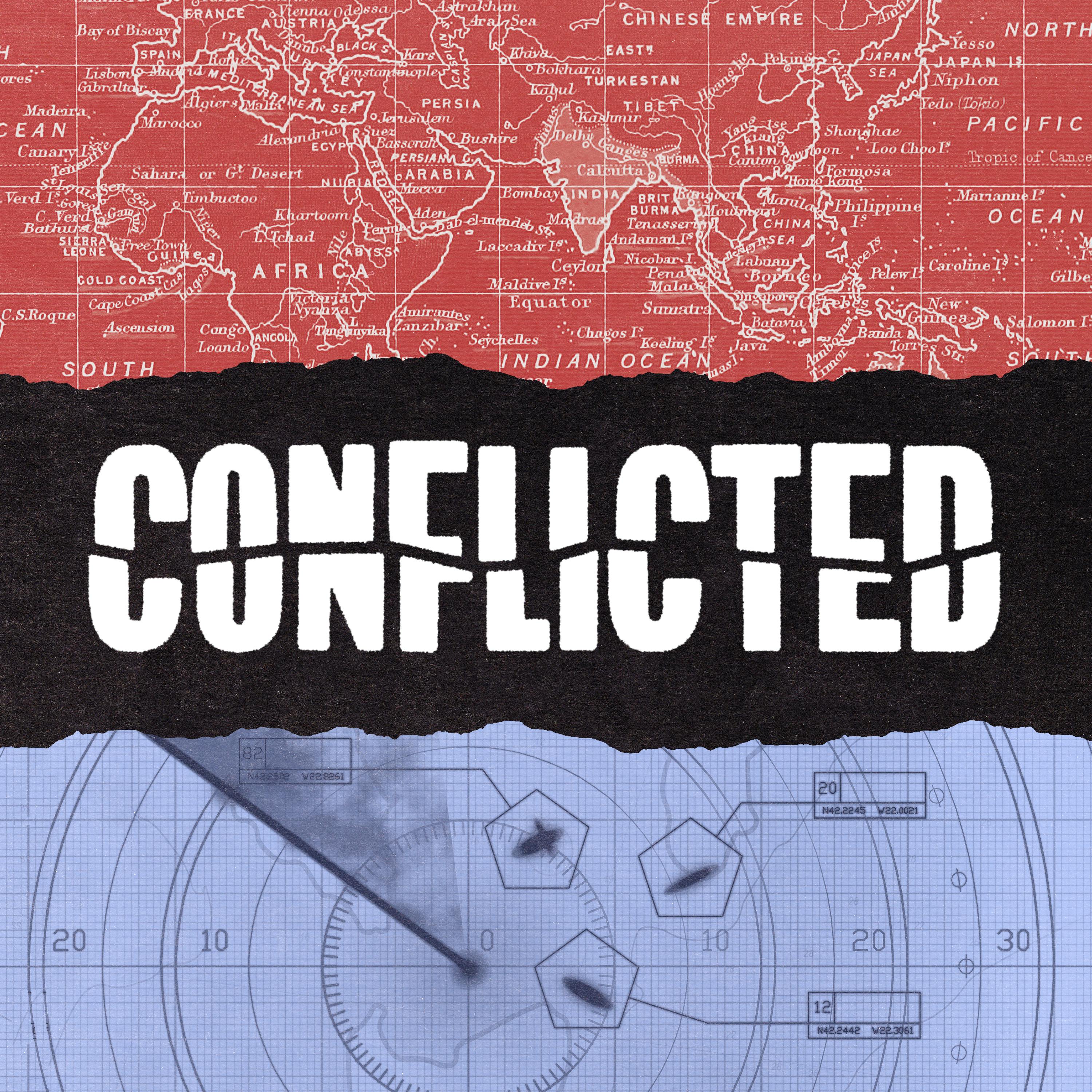
CONFLICTED
Message Heard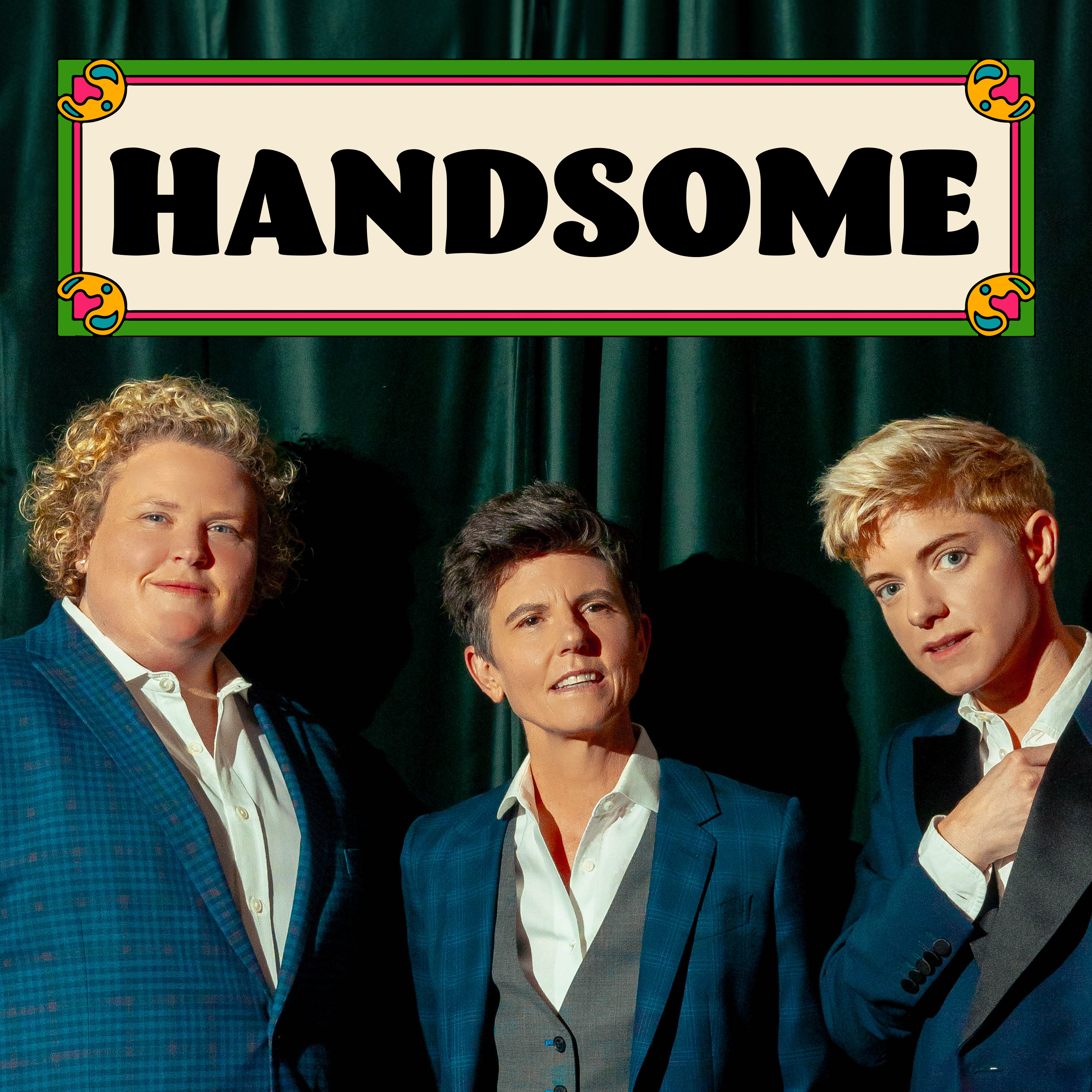
Handsome
Headgum
The Daily Stoic
Daily Stoic | Backyard Ventures
If Books Could Kill
Michael Hobbes & Peter Shamshiri
Death, Sex & Money
Slate Podcasts
Wiser Than Me with Julia Louis-Dreyfus
Lemonada Media
Maintenance Phase
Aubrey Gordon & Michael Hobbes
Serial
Serial Productions & The New York Times
Heavyweight
Pushkin Industries
Stoic Coffee Break
Erick Cloward
Radiolab
WNYC Studios
Throughline
NPR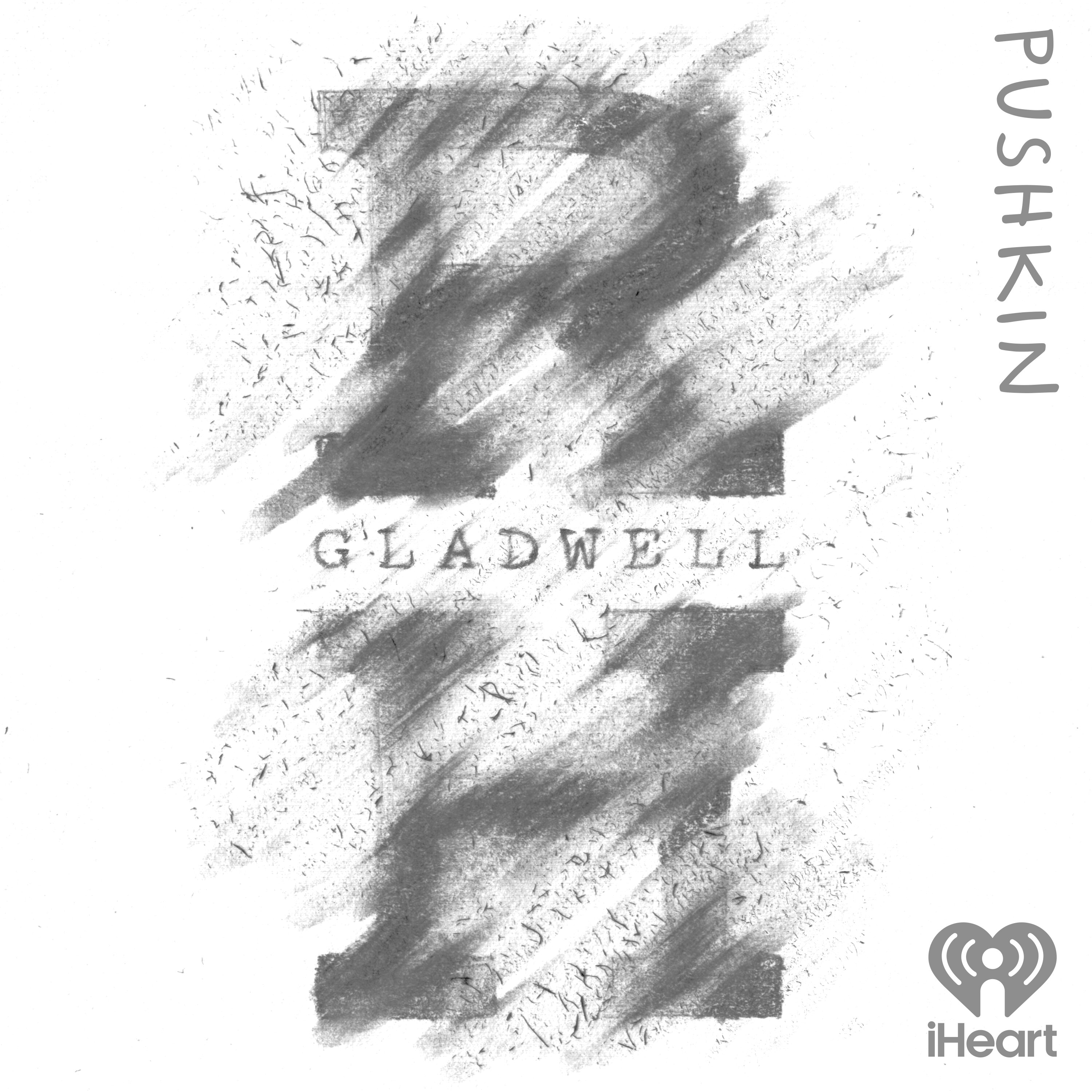
Revisionist History
Pushkin Industries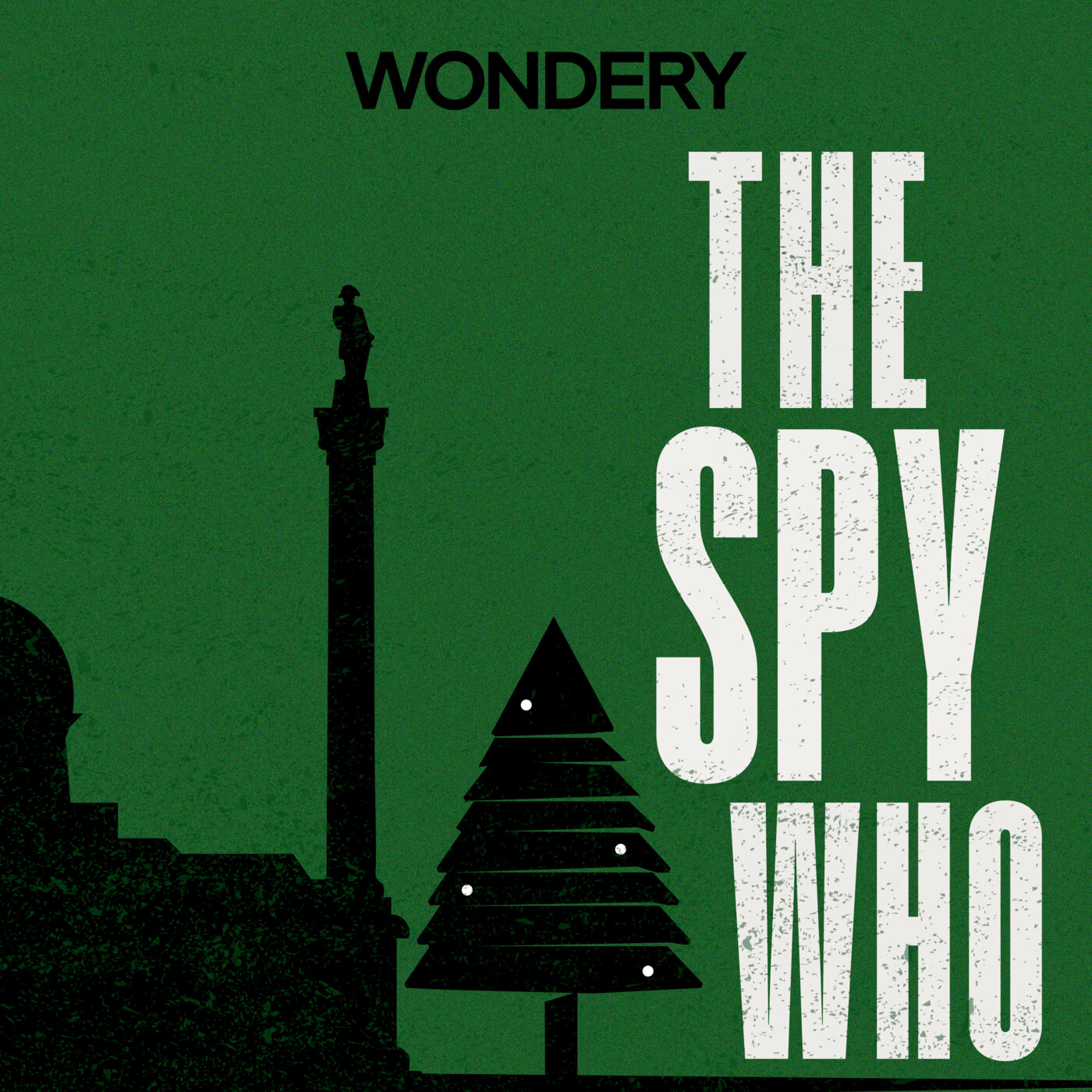
The Spy Who
Wondery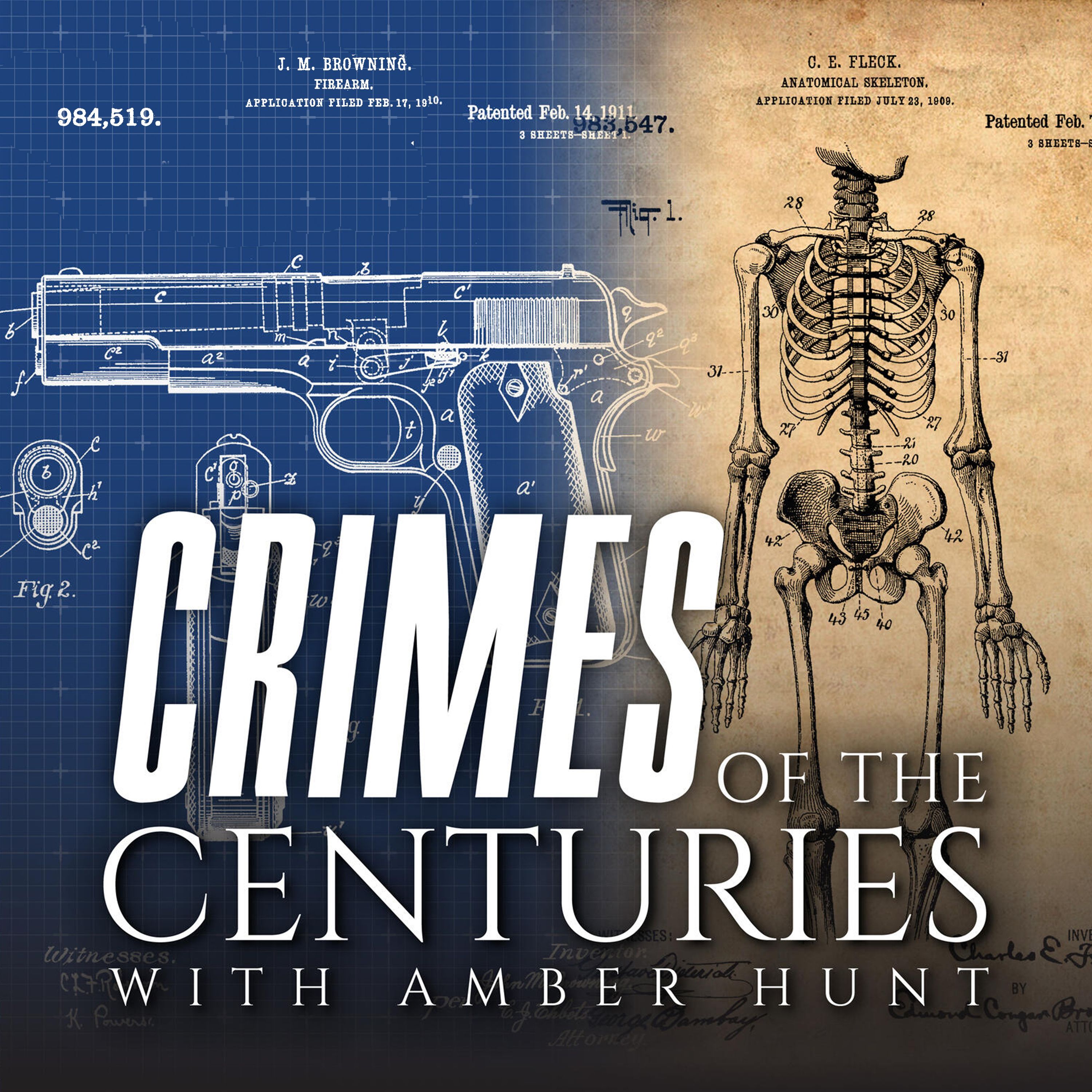
Crimes of the Centuries
Amber Hunt and Audioboom
Freakonomics Radio
Freakonomics Radio + Stitcher
DISGRACELAND
Double Elvis Productions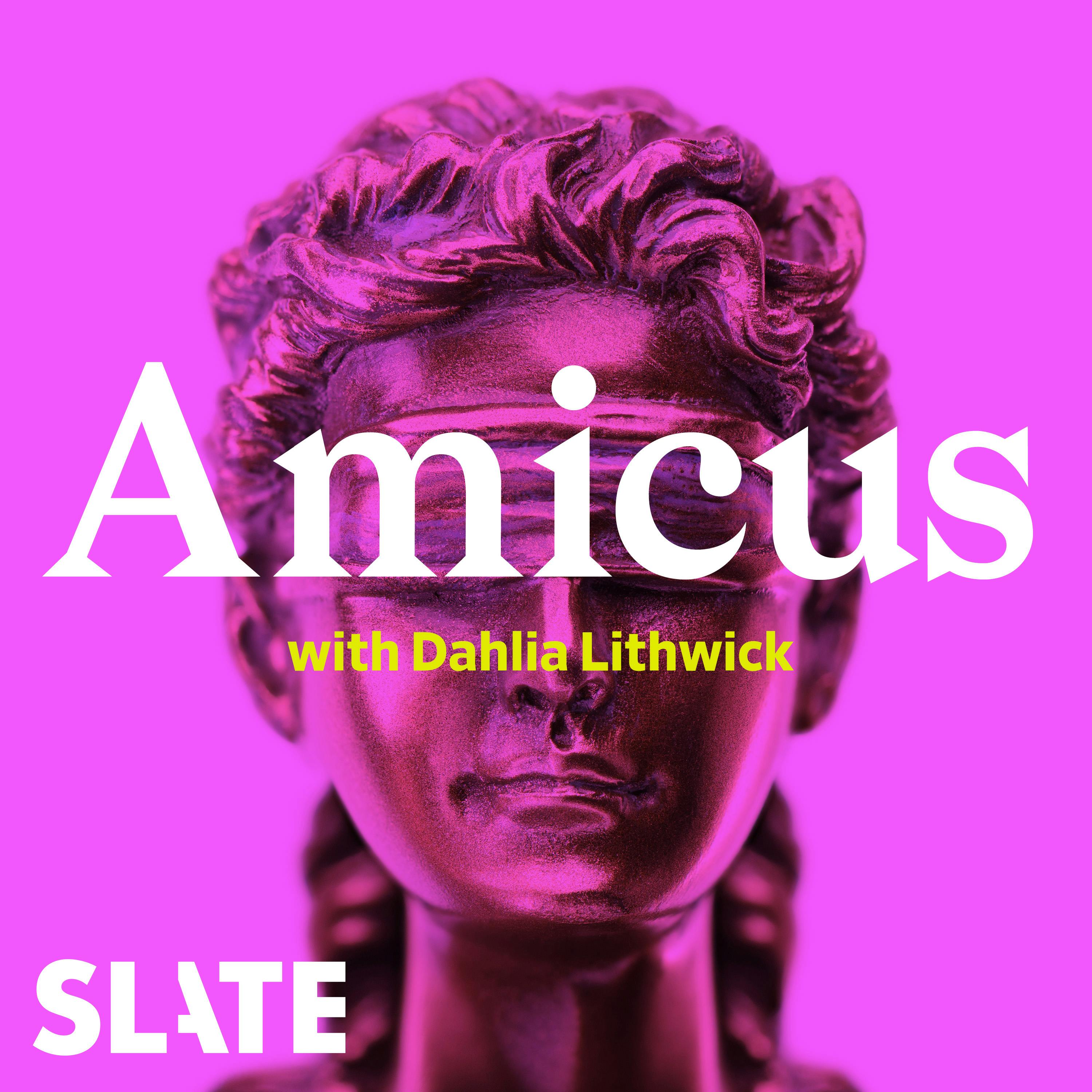
Amicus With Dahlia Lithwick | Law, justice, and the courts
Slate Podcasts
Decoder Ring
Slate Podcasts
Hidden Brain
Hidden Brain, Shankar Vedantam
Embedded
NPR
Where Should We Begin? with Esther Perel
Esther Perel Global Media

